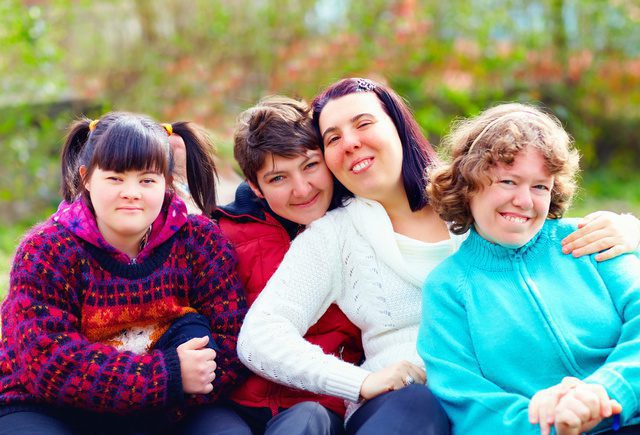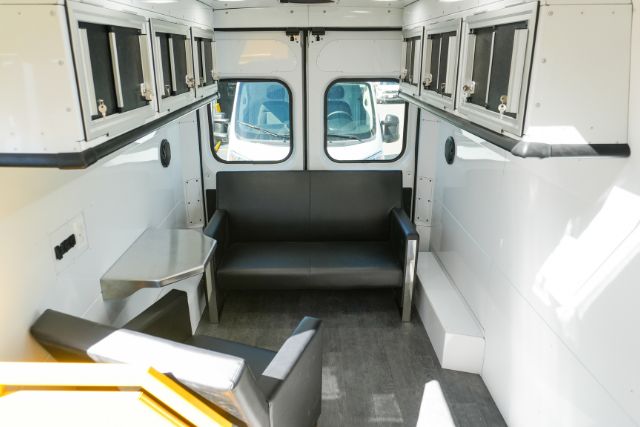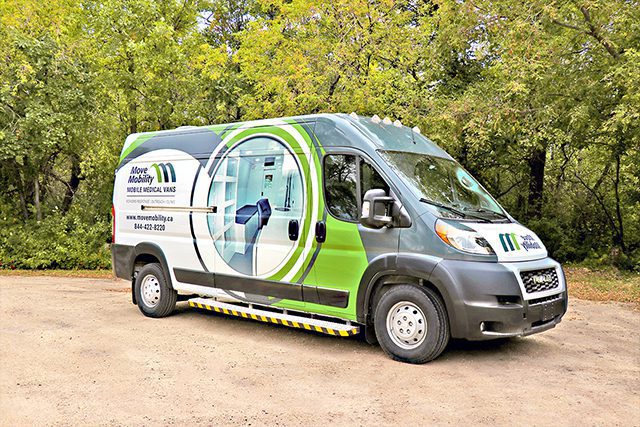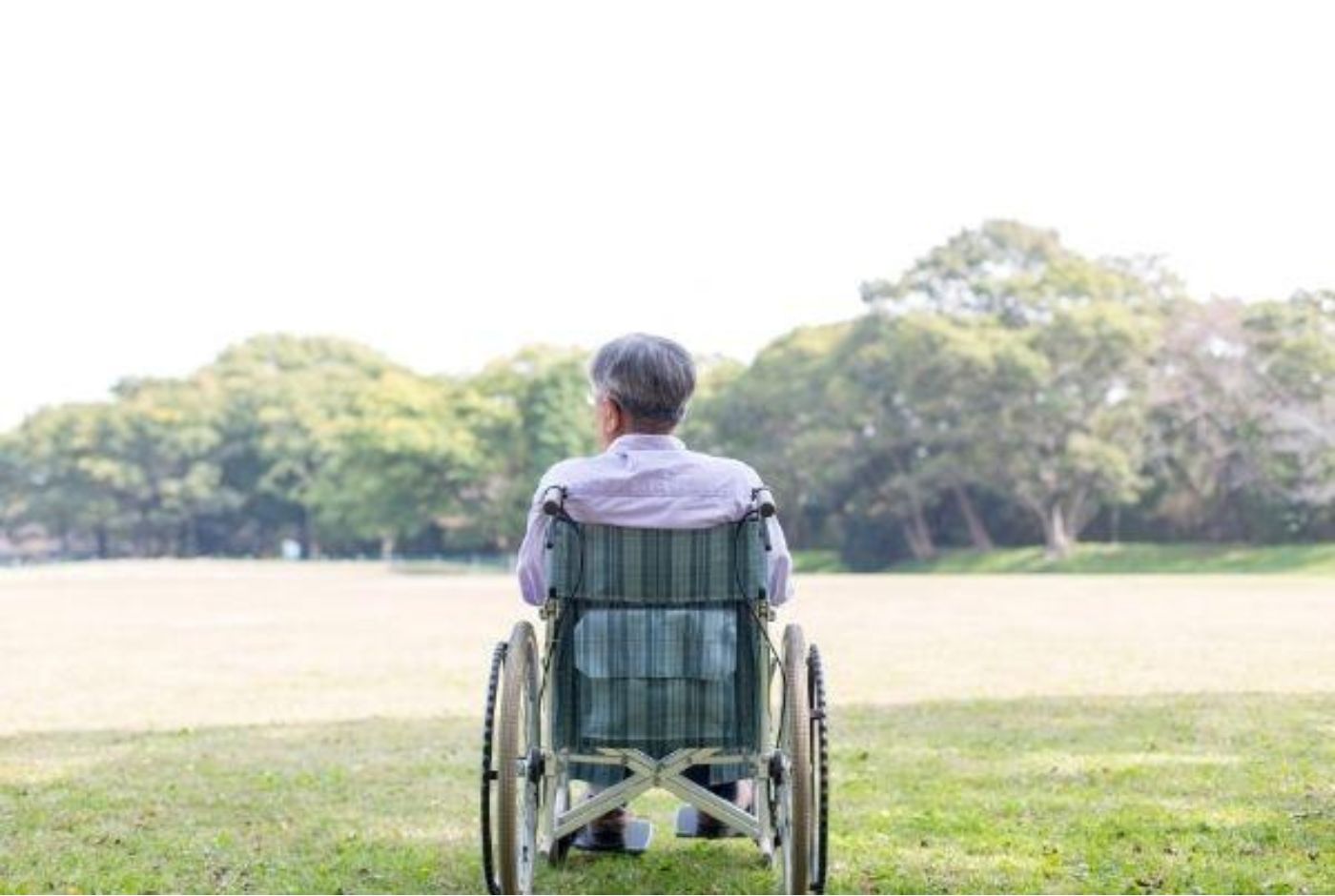
As Canada emerges from the last anticipated COVID-19 lockdown, adult day programs and Community Living centres are rethinking their services, including transporting aging persons and those with disabilities.
Shifting Priorities: From Capacity to Comfort
The days of moving people around on large buses are coming to an end. With frustrations with challenging modes of entry, transportation managers are looking for vehicle options that offer accessibility, flexibility, comfort, and dignity for their clients.
This has resulted in a shift to the desire for multi-purpose accessible vans that are adaptable to passenger and recreation program needs, including:
- Ability to add, remove, or move seats and wheelchair positions around the vehicle based on clients’ mobility needs
- Compact, nimble mobility vans to transport fewer passengers at a time, such as the MoveMobility P3
- Smaller vans with less parking restrictions
- Mobility vehicles with no special licensing requirements
- Low maintenance, fuel-saving vans that prove their return on investment
See what mobility vehicle solutions that adult day programs are working with MoveMobility on here: Accessible Vehicles for Adult Day Programs
In addition to mobility needs for a wheelchair accessible van, COVID-19 has caused organizations to maintain driver and passenger protection even with easing restrictions.
- Barrier-free and touch-free loading and unloading for safety and social distancing
- Driver protection shields and on-board sanitation dispensers
A Look at the Costs Involved: Accessible Bus vs. Accessible Van
There is increased demand for accessible van-style vehicles to replace heavily modified buses. In general, a mobility van is more cost-effective than a mobility bus by saving on capital and operating costs. However, a wheelchair accessible van such as the MoveMobility P4 provides increased flexibility and efficiency compared to a bus.
Many Community Living operate multiple accessible vans. This allows them to enjoy more flexibility in their program scheduling, without requiring significant budget increases. By having access to more smaller vehicles, recreation personnel tailor programs to provide more personal, relevant service to suit their clients’ needs.
Future of Wheelchair Accessible Vans for Adult Day Programs
The long-term impacts of providing more comfortable, enjoyable recreation programs are felt at the client and administration levels. These include client satisfaction and overall program efficiency. Though there is more work to do, the next frontier in the world of wheelchair accessible vans is electrification. Using electric wheelchair vans in adult day programs will improve cost savings and move towards a more environmentally friendly service.
In recent years, adult day programs that provide accessible transportation for clients have experienced a change in priorities from mass transportation to a personalized, needs-based approach. The focus is now on enhancing their clients’ experience and dignity while participating in their programs.







